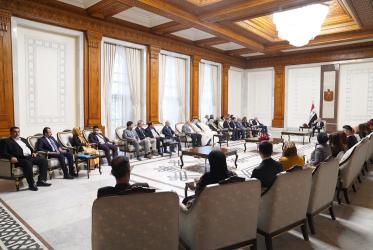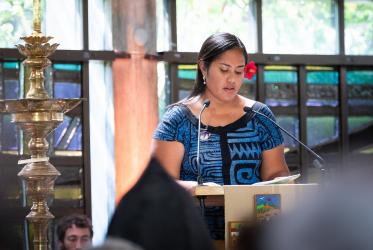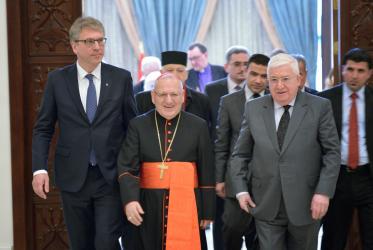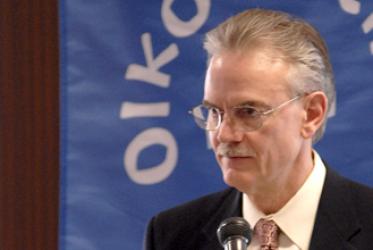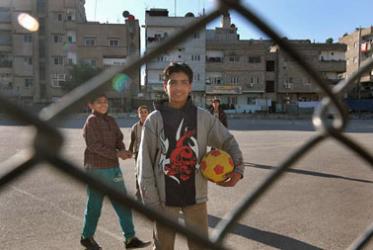Displaying 1 - 17 of 17
Young people play key role during papal visit
22 June 2018
A voice for peace from Down Under
10 July 2017
“When everybody is building walls, the church can build bridges”
30 January 2017
Paralyzed by shock
28 November 2016
Palestinian Christians face loss of land
27 April 2016
Church advocacy in action at the United Nations
25 November 2008
